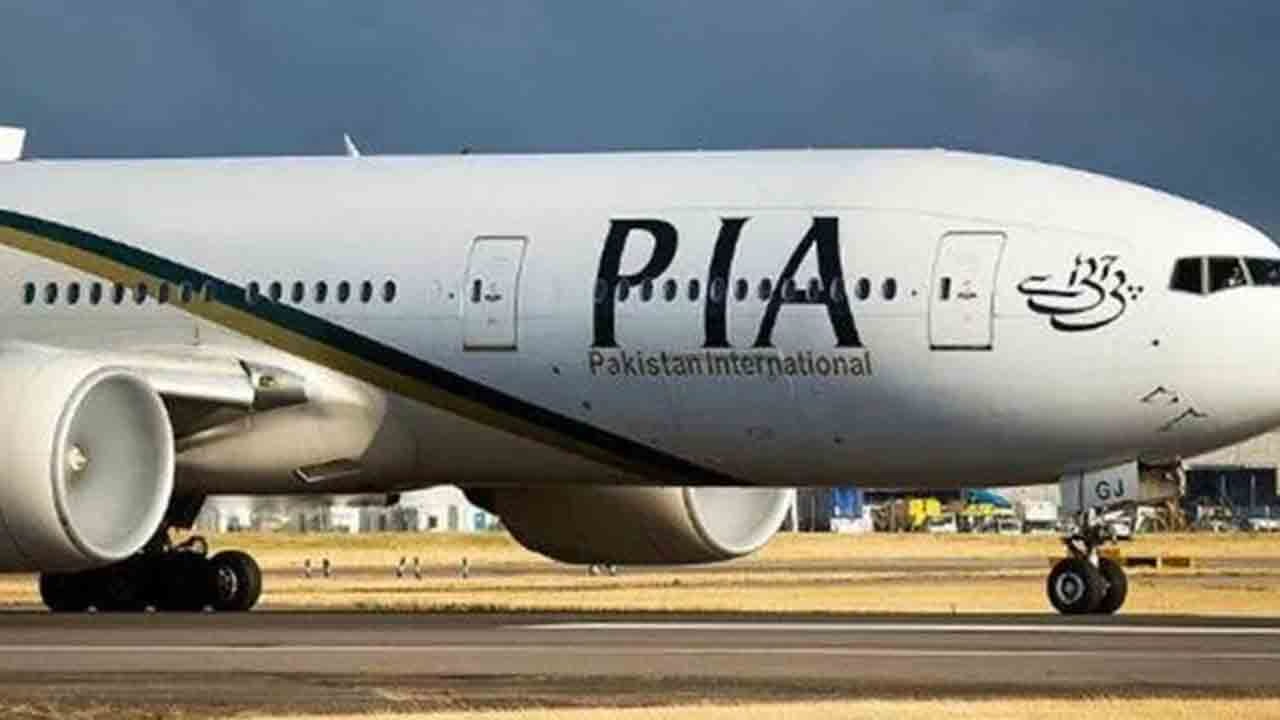Mauritanian Government Confirms All Pilgrims Safe Amid Viral Fake News of Plane Crash
Panic and sorrow swept across social media after reports claimed that a plane carrying over 200 Mauritanian pilgrims had crashed into the sea, resulting in mass casualties. However, the Mauritanian government has officially denied these reports, clarifying that all pilgrims have safely arrived in Saudi Arabia for Hajj.
The false news initially surfaced on various social media platforms, sparking widespread confusion and concern. According to the now-debunked reports, a flight from Mauritania carrying at least 210 pilgrims allegedly crashed into the Red Sea, resulting in the tragic martyrdom of all on board. The misinformation spread rapidly, fueled by dramatic headlines and emotional messages shared across Facebook, X (formerly Twitter), and WhatsApp groups.
Within hours, the supposed plane crash had become a top trending topic across the region. The alleged incident was even picked up by some unofficial news pages, adding further credibility to the claim in the eyes of the public. Shocked and grieving posts poured in, with many users offering condolences and prayers, fearing the worst for the passengers reportedly en route to fulfill their religious duties.
However, the Mauritanian government quickly responded to the rumors in an effort to contain the misinformation. In an official statement, government authorities categorically denied the incident, labeling the circulating news as entirely false and fabricated.
There has been no crash involving a Mauritanian aircraft carrying pilgrims. All Mauritanian pilgrims have safely landed in Saudi Arabia, the government’s spokesperson confirmed. The statement also urged citizens and media outlets to verify information before sharing unconfirmed reports, especially when they pertain to sensitive topics like national security or the well-being of citizens.
The Mauritanian Ministry of Islamic Affairs, in collaboration with the country’s civil aviation authority, confirmed that all scheduled Hajj flights had landed without any disruptions. Pilgrims were received by local Saudi authorities upon arrival and are currently residing in designated accommodations provided by the Hajj mission.
This clarification helped to ease growing panic, though the spread of the rumor has raised serious concerns about the impact of misinformation—especially during religious or emotionally charged times. Authorities in Mauritania have also indicated that they are investigating the source of the false news, hinting at potential legal action against those responsible for initiating or amplifying the hoax.
Religious scholars and community leaders have also condemned the incident, calling it deeply irresponsible to spread such baseless claims that can emotionally destabilize families and communities. Spreading false news, particularly about death or disasters, is a grave matter in Islam,one scholar stated, emphasizing the need for truthfulness and caution online.
The incident serves as a powerful reminder of the dangers of viral misinformation and the importance of responsible media consumption. In an era where information can travel faster than ever, verifying facts before reacting or sharing is not just a good practice—it’s a moral responsibility.
As of now, all Mauritanian pilgrims are reported to be in good health and have begun their Hajj preparations under the guidance of the country’s official Hajj delegation. Authorities have reassured families back home that they remain in constant communication with Saudi officials and the Mauritanian Hajj coordinators to ensure the safety and well-being of every pilgrim.
The government has urged citizens to rely only on official communication channels for news related to public safety or international affairs. In light of this incident, media regulators in Mauritania are also considering new measures to combat the deliberate spread of misinformation, particularly on social media platforms.
The terrifying reports of a plane crash involving Mauritanian pilgrims were completely baseless, and all travelers have reached their destination safely. The episode, while ultimately proven false, has exposed the speed at which fake news can disrupt lives and create unnecessary chaos—and the urgent need to tackle this modern-day challenge with vigilance and integrity.



